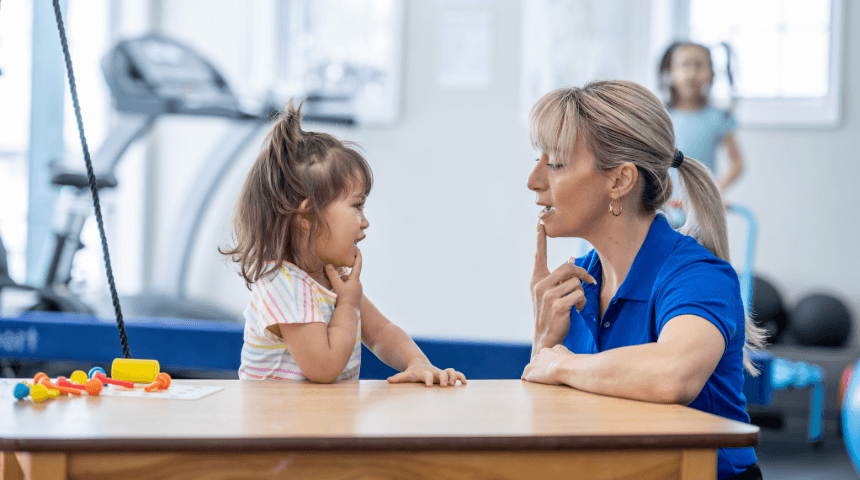Is It Grief or Depression? How to Tell the Difference
Grief is a common, expected experience as a child or teenager processes difficult life circumstances. Depression, however, is a mood disorder that can be prolonged and serious. Because depression left untreated can be harmful and lead to suicidal or other risky behaviors, recognizing the difference between the two is vital.
How Grief Differs from Depression
The grieving process is natural and typically does not require “treatment,” per se. Grief occurs in different stages, not necessarily in order, and may include feelings of shock, disbelief or doubt, regret or guilt (“bargaining”), a limited period of depressive feelings, anger and ultimately acceptance, according to the American Psychological Association.
Depression, however, is a medical condition. While some may view it as a strictly emotional or psychological problem, in fact, the mind and body function closely: Neither can perform properly if the other is ill. When a child reaches the point of clinical depression, medical intervention is advised.
Warning Signs and Changes
Grief that has progressed to depression tends to be more prolonged. The child may feel isolated, alone, self-pitying, hopeless, helpless, paralyzed or unmotivated. Grief is often accompanied by impairment in daily functioning, according to the National Institute of Mental Health.
Impairment can include:
-
Difficulty sleeping or sleeping excessively
-
Difficulty concentrating, with school performance often affected
-
Withdrawal, spending more time alone, avoiding social interactions, crying often and easily, and/or emotional (particularly angry) outbursts
-
Feelings of hopelessness or helplessness
-
Expressing feelings that their presence is not beneficial or significant to those around them, or even wondering what life would be like for others in their absence
-
Thoughts of self-harm or suicide, as well as a plan or attempt at execution
As with grief, clinical depression may often occur following a loss or trauma (mourning a loved one or a pet for instance, or a major life change such as parents’ divorce or a breakup). However, it may also occur without any clear trigger.
When to Seek Medical Treatment
Prevention is the ideal approach to depression. Be alert for stressors in your child’s life and discuss them with your pediatrician. Counseling is often more effective early on when a child is grieving, before signs of depression arise. Counseling is generally aimed at helping the child find perspective as well as develop skills to cope with the current challenge, as well as to help equip them for difficult situations they may face in the future.
Counseling is often sufficient, but sometimes referral to a child psychiatrist and/or treatment with antidepressant medications may be necessary. These are generally intended to be used temporarily, in addition to counseling. In some severe cases, particularly if a child is experiencing thoughts of harming themselves or others, or actively attempting suicide, immediate referral to an inpatient mental health facility may be needed. The National Suicide Prevention Lifeline may be reached at any time at 1-800-273-8255. Seek help immediately if you or a loved one is struggling with feelings of suicide.
Practical Steps to Help Cope with Grief
-
Ensure that your child feels comfortable to confide in a trusted, mature person about the loss. This may not always be you, but ideally someone who you and your child know and trust.
-
Encourage your child to express feelings openly, through talking, writing or other constructive means.
-
Allow your child to express both positive and negative feelings. Avoid stifling or brushing off negative feelings. Also, avoid dwelling exclusively on negative feelings.
-
Allow time for your child to experience thoughts and feelings.
-
Avoid punishing your child or making them feel guilty or ashamed of them.
-
Empathizing with your child may help them understand that grief is a normal process and that they are not alone. Showing them they are not alone helps to combat feelings of isolation, helplessness and self-pity.
-
Offer to take your child to seek additional counseling if things do not improve.
Are You Interested in Learning More?
Sign up for our e-newsletter for more tips and best practices from pediatricians.
Sign Up Here










